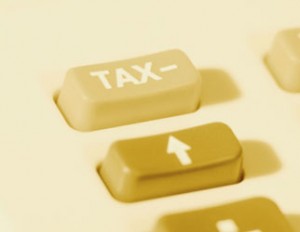A checklist of tax savings before 2013
Even though your 2012 return isn't due until April, you can minimize the tax you'll pay by acting before this year is out.
Advertisement
Even though your 2012 return isn't due until April, you can minimize the tax you'll pay by acting before this year is out.
 While most of us won’t be filing our 2012 tax returns until the new year, there are few options for reducing your tax liability once you ring in 2013. The main one is RRSP contributions, which can be made until March 1. After that, you can dig for every tax deduction and credit as you file your T1. Below is a checklist of 14 simple things you can do before year-end to save money—but you’ll have to get on them right away.
While most of us won’t be filing our 2012 tax returns until the new year, there are few options for reducing your tax liability once you ring in 2013. The main one is RRSP contributions, which can be made until March 1. After that, you can dig for every tax deduction and credit as you file your T1. Below is a checklist of 14 simple things you can do before year-end to save money—but you’ll have to get on them right away.
Share this article Share on Facebook Share on Twitter Share on Linkedin Share on Reddit Share on Email